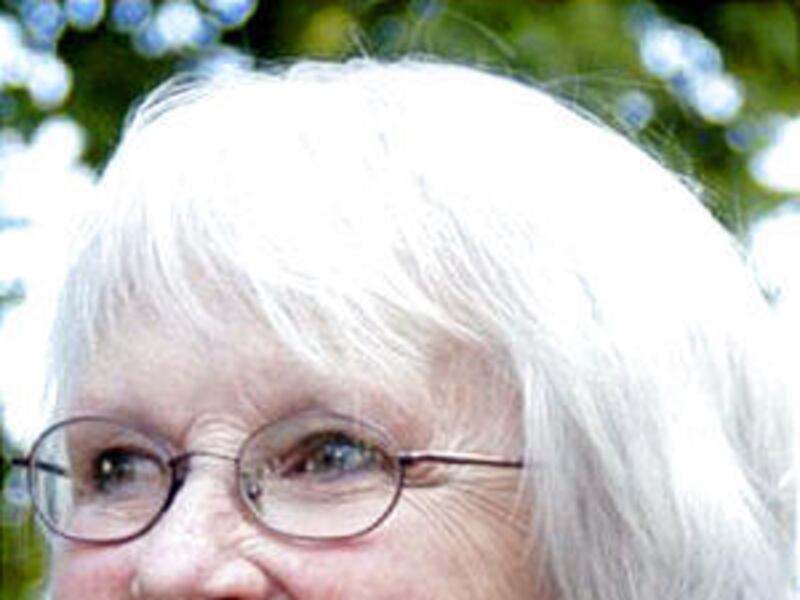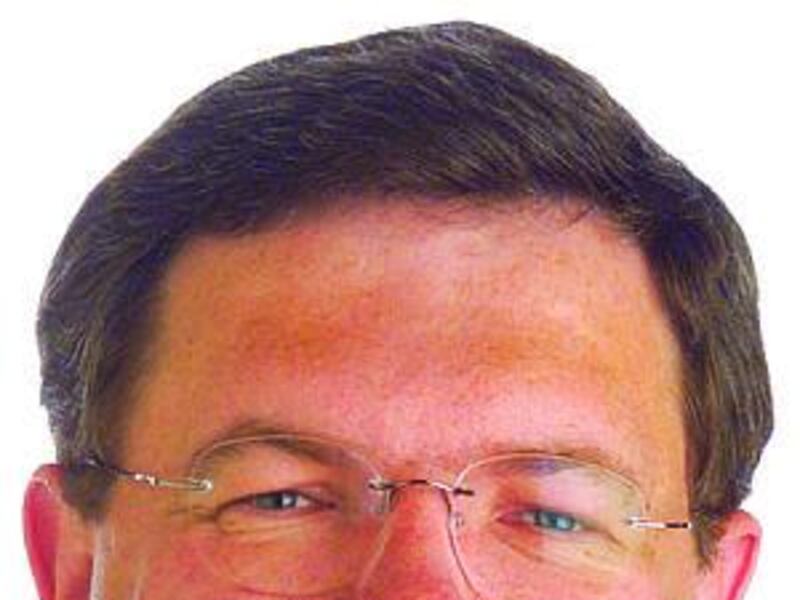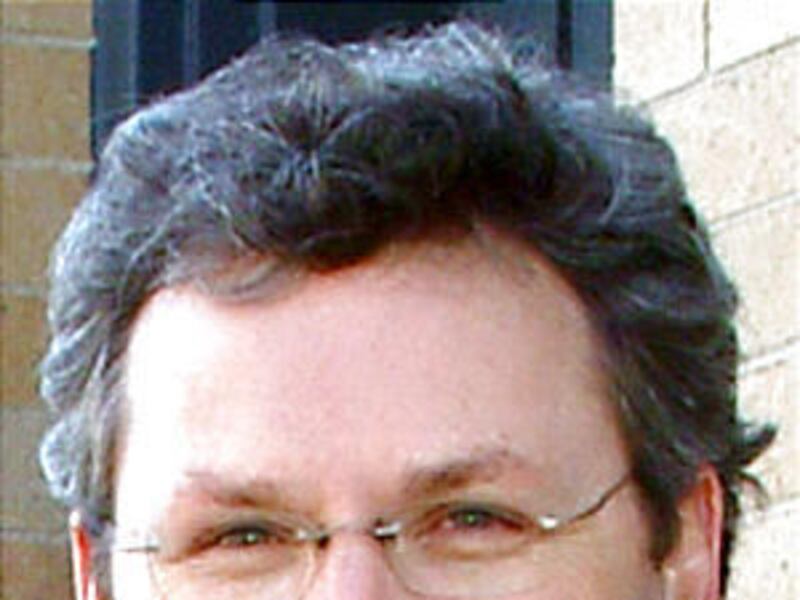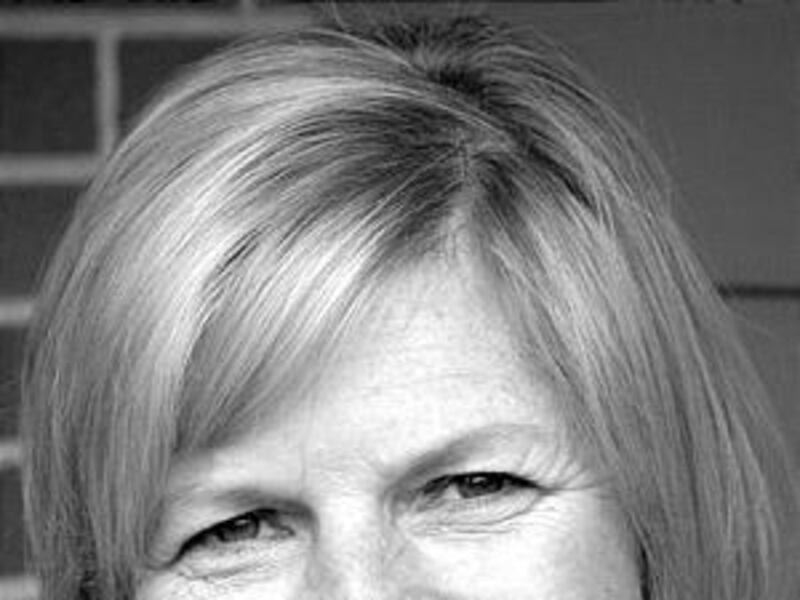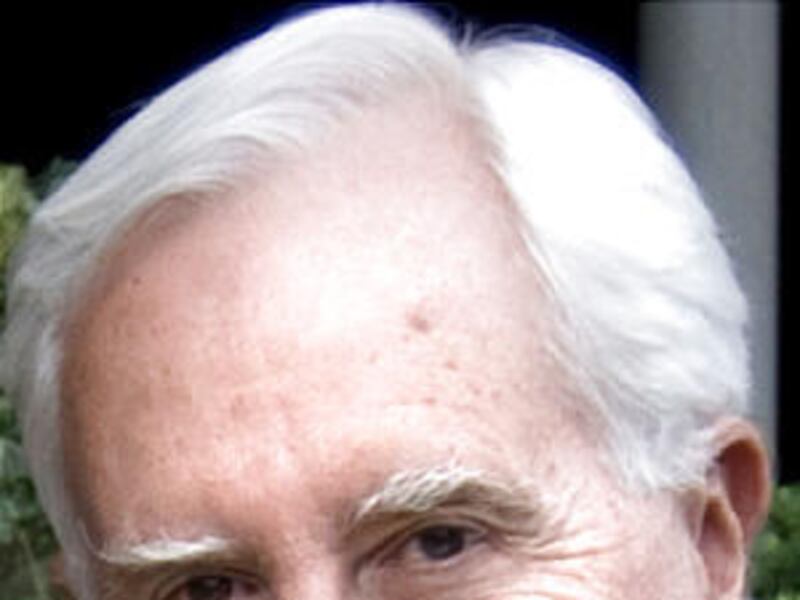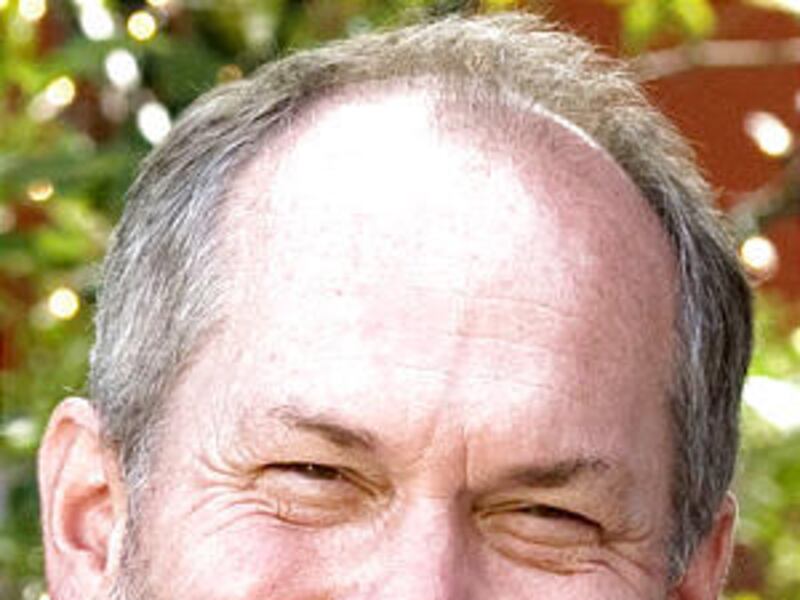Prostitutes and gangs. Local pubs and monster homes. Police precincts and streetcars.
These are some of the top issues facing the six remaining Salt Lake City Council candidates as the Nov. 4 election nears.
With two-term Councilman Eric Jergensen declining to seek re-election, the city is guaranteed to see at least one new council member in 2010. In Sugar House and on the west side, however, two incumbents are fighting for four more years apiece.
District 1
Council Chairman Carlton Christensen has seemingly entrenched himself as the representative for the capital's northwest neighborhoods. In seeking his fourth term in office, the moderate Republican has garnered endorsements from political players in both parities, including Mayor Ralph Becker.
So even after advancing from September's primary election, challenger Leslie Reynolds-Benns thought of throwing in the towel, but has since reconsidered.
"That was just a moment when I caved in on myself," said Reynolds-Benns, an author and therapist. "It's always overwhelming to run against Carlton, but I have to take him on because he doesn't deal with the issues that are important to me."
A top priority for the challenger: "Dealing with the prostitutes on North Temple."
Christensen admits to problems with gangs and prostitutes on the west side, but he disagrees with Reynolds-Benns' claims that he has done little to address the issue.
"I genuinely believe we've done a lot of good," Christensen said. "I don't have any illusion that they'll go away overnight. Part of that is looking at redeveloping North Temple into a more public place with a better atmosphere, and turning it into an economic engine in the community."
Reynolds-Benns said she believes she can better relate to the district's Hispanic residents, since she has lived in Mexico and can speak Spanish.
Christensen, she said, dominates at the ballot box because of his ties to The Church of Jesus Christ of Latter-day Saints.
"A comment like that borders on being offensive," Christensen replied. "I don't make excuses for my faith, but I have not let it dominate my politics. If anything, I've gone the extra mile to avoid any appearance of involvement from the church. And frankly, the numbers (of LDS voters in the district) don't justify that."
District 3
Phil Carroll and Stan Penfold — old friends and longtime Avenues residents who have served as the head of the Greater Avenues Community Council — are vying for Jergensen's seat.
And while both men are set on preserving the unique character of the district's neighborhoods, they disagree on the details — particularly when it comes to neighborhood pubs.
"You can't say on one hand you want to preserve neighborhoods and then say you want to bring in bars," said Carroll, who heads the nonprofit Community Housing Services. "One will destroy the other."
Carroll said the city's proposed liquor reform plan could lead to increased traffic, garbage and noise problems in once-quiet neighborhoods.
Penfold, the director of the Utah AIDS Foundation, disagrees.
"I think the fear that comes up is people are saying every neighborhood could look like 300 West with a destination bar," he said. "I don't think that's ever been the intent. The idea is to look at how you provide a service for the community, not this idea that you can drive across town to go to a bar on Capitol Hill."
The two men also seem to differ on the city's proposed nondiscrimination ordinances, which would give housing and employment protection to gay and lesbian Salt Lakers.
"I have no reservations about it at all," Penfold said.
Carroll, meanwhile, said he would support moving forward with the ordinance, but he believes discrimination complaints would best be handled by one entity, whether on the state or city level.
District 7
A lawyer and a planner, both with sights set on preserving historic homes and bringing a police precinct to Sugar House, are locked in a fight to represent the capital's southeast district.
While Lisa Ramsey Adams and incumbent Soren Simonsen can agree on where to go — completing the Parley's Trail, refurbishing tennis courts and building a Sugar House streetcar line — they disagree on who can best get District 7 there.
Adams, a lawyer and community activist, says she understands the area's needs and faults her opponent for not addressing critical problems fast enough. Simonsen, meanwhile, says his planning and design background has helped change the face of the city over the last four years and says Adams' platform piggybacks heavily on his accomplishments.
"(Adams) has been supportive of everything I've done," Simonsen said. "When you look at her platform and what I've been working on the last four years, they're virtually identical."
But Adams said Simonsen's attention to design details has at times been a hindrance to economic prosperity in the city.
"He definitely has a vision of what the world should be ... but it's not one we can always afford," Adams said.
The challenger said reducing crime in Sugar House would be her top priority and criticized Simonsen for not bringing a police precinct to the area in his first term.
But the councilman said he helped nearly make the project a reality and would continue to work toward establishing an east-side police presence.
"It lost by 200 votes on the bond election two years ago," he said. "And we considered it on the bond election this year. … We're still trying to find a site, and that's been a big challenge."
e-mail: afalk@desnews.com

